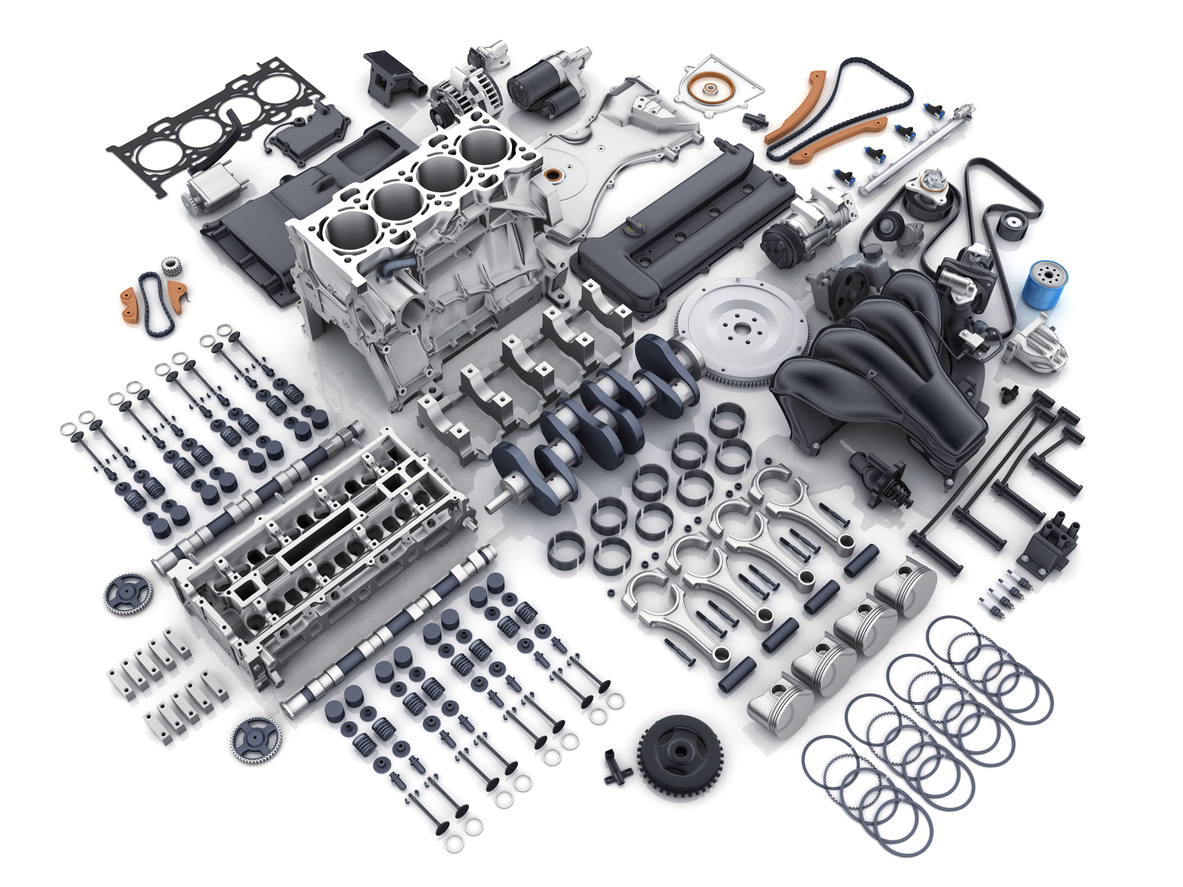An Overview of the Different Sectors in the Nigerian Economy and Their Impact
An Overview of the Different Sectors in the Nigerian Economy and Their Impact
Nigeria is Africa’s largest economy, characterized by a diverse array of sectors that contribute to its GDP and overall economic development. Each sector plays a significant role in shaping the country’s economic landscape. This article provides an overview of the major sectors in the Nigerian economy and their impact.
1. Agriculture
Overview: Agriculture is a cornerstone of the Nigerian economy, employing about 70% of the population and contributing approximately 23% to the GDP in 2023. Nigeria’s agricultural sector is diverse, with key products including cassava, yams, maize, rice, palm oil, cocoa, and groundnuts.
Impact:
- Employment: Major source of livelihood for rural populations.
- Food Security: Ensures food supply and stability.
- Export Revenue: Significant contributor to non-oil exports, especially cocoa and cashew nuts.
2. Oil and Gas
Overview: The oil and gas sector is the most significant contributor to Nigeria’s economy, accounting for about 9% of the GDP but providing over 90% of export revenues and 60% of government revenue.
Impact:
- Foreign Exchange: Major source of foreign exchange earnings.
- Government Revenue: Critical for funding public services and infrastructure.
- Economic Volatility: Subject to global oil price fluctuations, impacting economic stability.
3. Manufacturing
Overview: The manufacturing sector contributes around 13% to Nigeria’s GDP. Key industries include food and beverages, textiles, cement, chemicals, and pharmaceuticals.
Impact:
- Industrialization: Drives economic diversification and reduces reliance on oil.
- Employment: Provides jobs and promotes skills development.
- Innovation: Encourages technological advancement and improved productivity.
4. Services
Overview: The services sector is the largest contributor to Nigeria’s GDP, accounting for about 53% in 2023. This sector includes telecommunications, banking, trade, real estate, and tourism.
Impact:
- Economic Growth: Significant driver of GDP growth.
- Digital Transformation: Expansion of IT and telecommunications enhances connectivity and business efficiency.
- Financial Inclusion: Growth of banking and financial services improves access to capital.
5. Telecommunications
Overview: Nigeria has the largest telecommunications market in Africa, with over 200 million mobile subscribers. The sector contributes significantly to GDP growth and economic modernization.
Impact:
- Connectivity: Enhances communication and access to information.
- Innovation: Promotes digital economy and tech startups.
- Employment: Creates jobs in telecom and related sectors.
6. Banking and Finance
Overview: Nigeria’s banking and finance sector is robust, with numerous local and international banks operating in the country. The sector contributes about 4% to the GDP.
Impact:
- Capital Access: Facilitates investment and business expansion.
- Financial Stability: Supports economic stability and growth.
- Innovation: Advances in fintech drive financial inclusion.
7. Real Estate
Overview: The real estate sector in Nigeria has experienced significant growth, particularly in urban areas. It contributes around 8% to the GDP.
Impact:
- Urban Development: Drives infrastructure development and urbanization.
- Investment: Attracts domestic and foreign investment.
- Employment: Provides jobs in construction and related services.
8. Trade
Overview: Trade, both domestic and international, is vital to Nigeria’s economy. The sector includes the wholesale and retail trade, contributing significantly to GDP.
Impact:
- Economic Activity: Facilitates the movement of goods and services.
- Revenue Generation: Significant source of government revenue through taxes and duties.
- Market Expansion: Expands market access for local producers.
Conclusion
The Nigerian economy is multifaceted, with each sector playing a crucial role in its development. From agriculture to services, each sector’s contribution is vital for economic growth, employment, and overall national development. Understanding these sectors helps in appreciating the dynamics of Nigeria’s economic landscape and the potential for future growth.
Explore Nigeria’s Economic Contributions by Sector
Learn how various sectors contribute to Nigeria’s economy. Fill in estimates or real data to understand the percentage each sector contributes to GDP and get insights on their role in economic growth.








LEAVE A COMMENT
You must be logged in to post a comment.